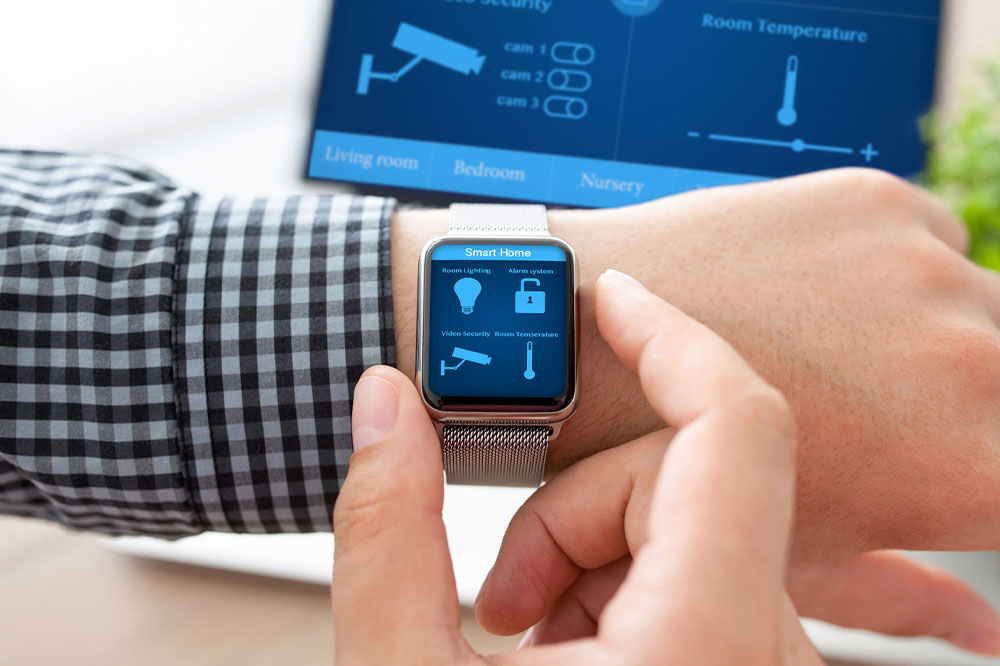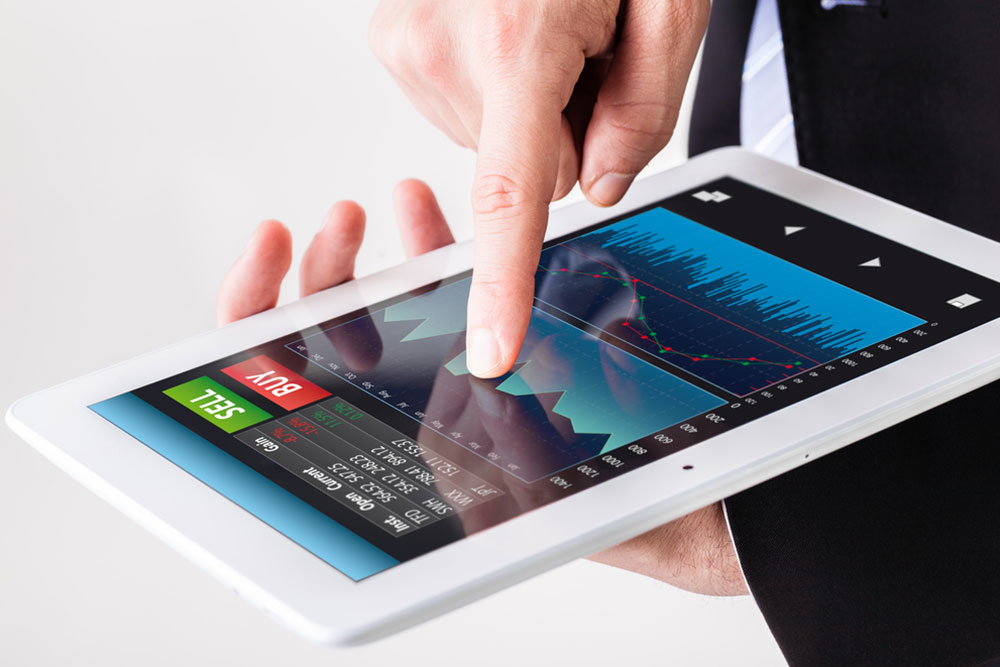Comprehensive Guide to Choosing Between Laptops, Tablets, and Desktop Computers
This comprehensive guide explores the key differences between laptops, tablets, and desktop computers to help you choose the ideal device. It covers performance, portability, cost, and space requirements, providing detailed insights for buyers. Whether for work, entertainment, or daily tasks, understanding these factors ensures an informed purchase decision tailored to your needs and budget.

Understanding the Key Differences Between Laptops, Tablets, and Desktop PCs
In today's technology-driven world, choosing the right computing device can significantly impact your productivity, entertainment, and daily convenience. Historically, desktop computers reigned supreme as the main technological tool for both professional and personal use. However, with rapid advancements in mobile technology, laptops, tablets, and other portable devices have gained popularity, offering users flexibility and mobility. Each device type comes with its own set of features, advantages, and limitations, making it essential to understand which one aligns best with your individual needs.
This detailed guide provides an in-depth comparison of laptops, tablets, and desktop PCs, helping you make an informed decision based on your specific requirements, lifestyle, and budget. Whether you're a student, a professional, or someone who simply needs a reliable device for everyday tasks, understanding these differences is crucial.
Portability: Laptops and tablets are designed for on-the-go use, offering unmatched mobility. Desktops, on the other hand, are stationary and suitable for dedicated spaces.
Even the highest-end desktop computers are less portable compared to their laptop and tablet counterparts.
Speed of startup: Tablets generally power on faster than laptops and desktops, making them excellent for quick, immediate tasks.
Performance: Desktops shine when it comes to processing power, thanks to their ability to accommodate more powerful hardware components, making them ideal for resource-intensive applications.
Performance Comparison: Among portable devices, laptops tend to offer quicker performance than tablets due to more advanced hardware configurations, but desktops continue to lead in raw processing capabilities.
Cost is another critical factor. High-end desktops often have a lower price point compared to premium laptops and tablets with comparable specs. This makes desktops a more budget-friendly option for users needing powerful computing without a premium price tag.While laptops and tablets come in various price ranges, they generally tend to be more expensive than basic desktops at the same performance level.
Space and Storage: Laptops and tablets are easy to carry and require minimal storage space, making them suitable for small apartments, offices, or even travel. Desktops demand a dedicated area, including space for monitors, keyboards, and peripherals.
Power Requirements: Desktops need a constant power supply, limiting mobility. Conversely, laptops and tablets operate on rechargeable batteries, which provides the convenience of portability—ideal for working remotely or during travel.
Ultimately, selecting the right device hinges on understanding your specific needs. If you value mobility and convenience, a laptop or tablet may be your best choice. If raw power, customization, and cost-effectiveness are priorities, a desktop might serve you better. Carefully assessing your usage patterns, budget, and workspace will guide you toward the optimal device for your daily activities and long-term goals.In conclusion, there is no one-size-fits-all solution. Each device type has unique advantages, and your decision should align with how, where, and for what purpose you'll use the device. Staying informed about technological options ensures you make a choice that enhances your productivity, entertainment experience, and overall satisfaction.





